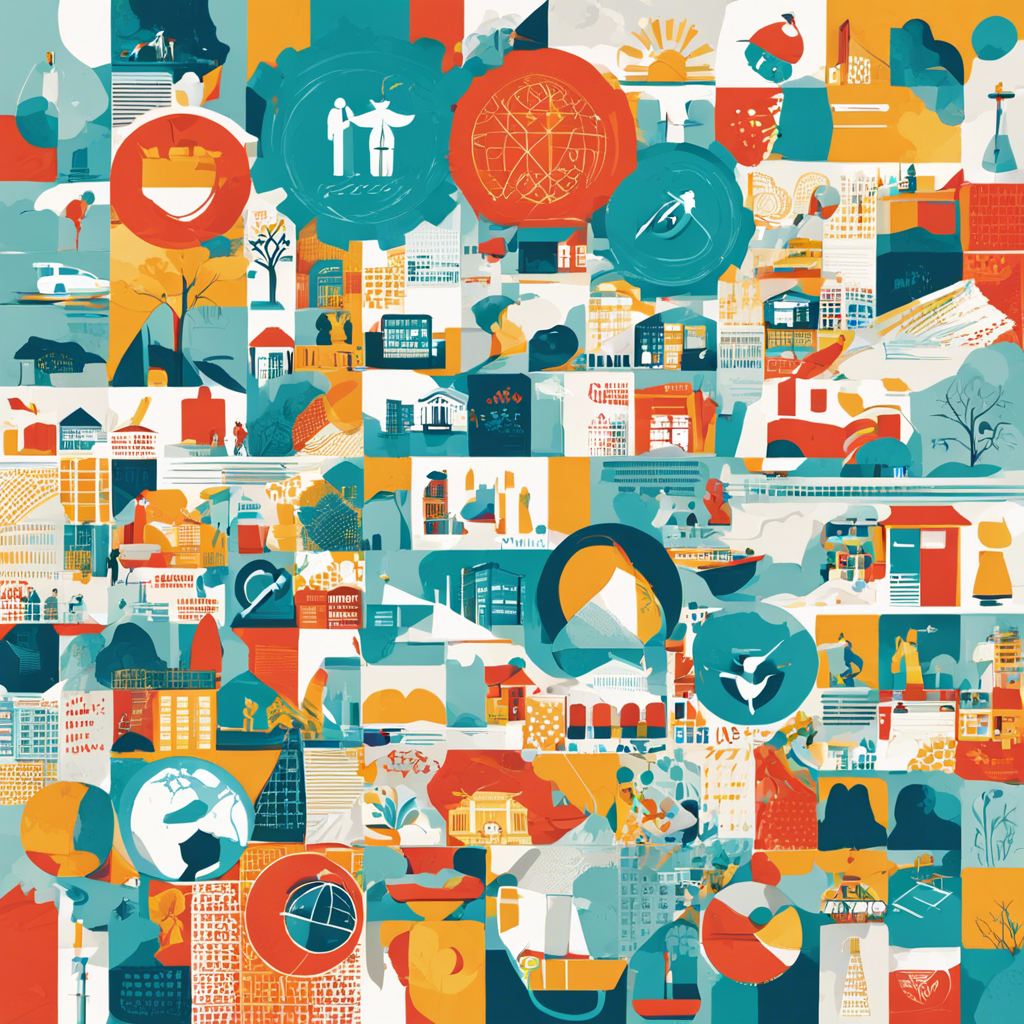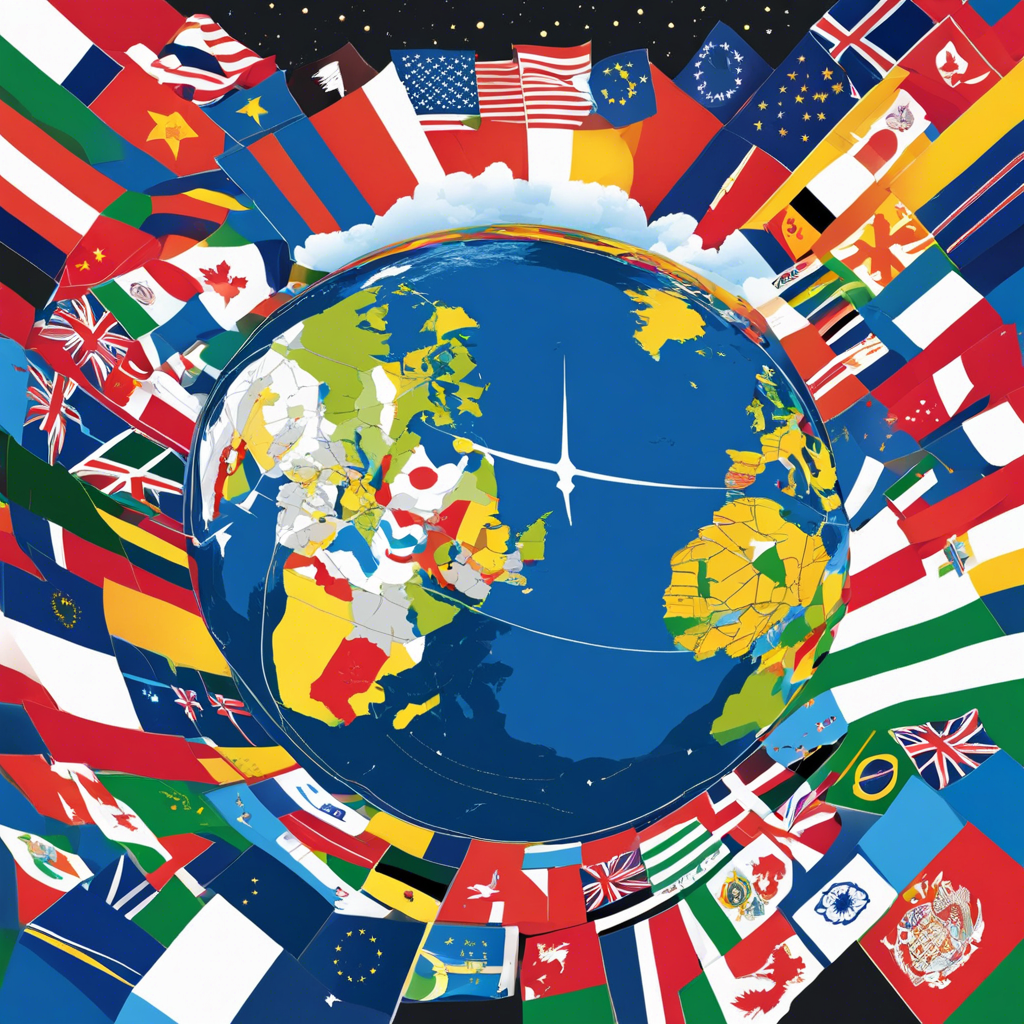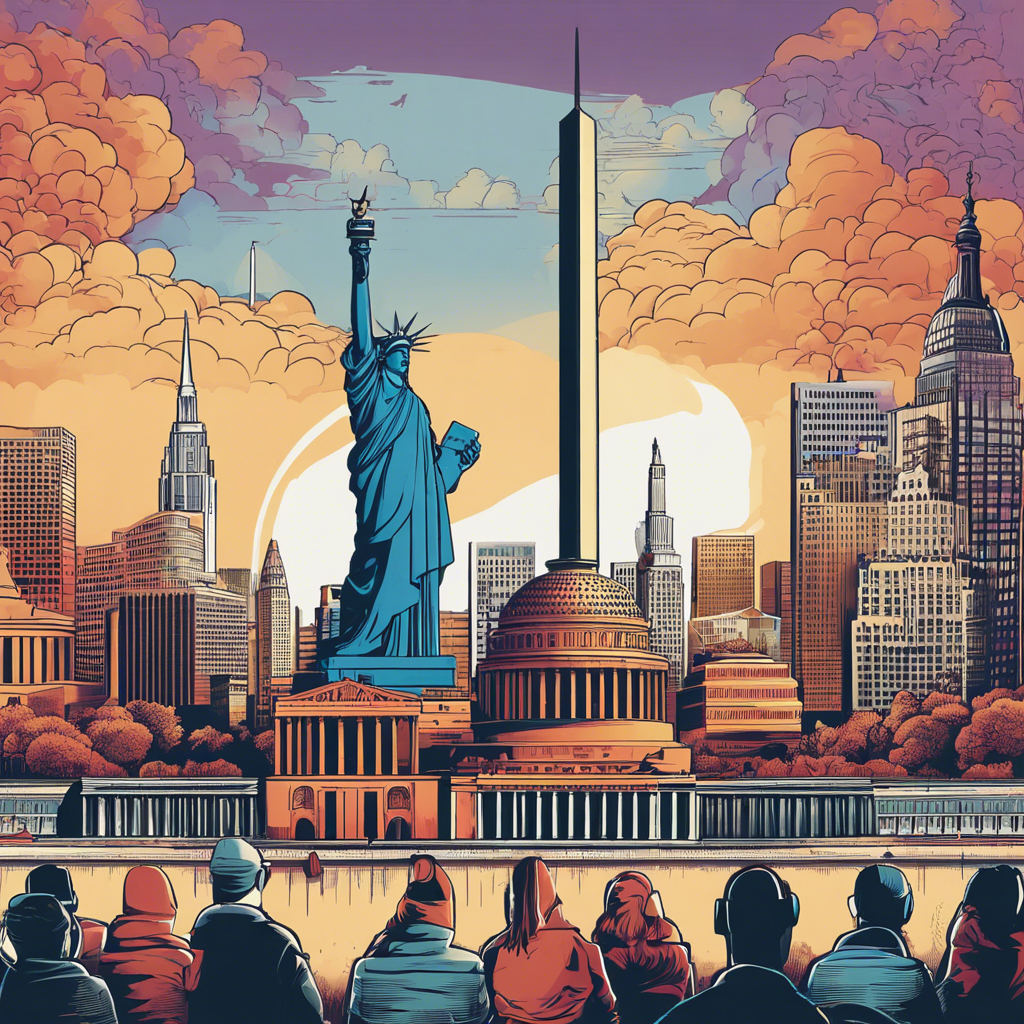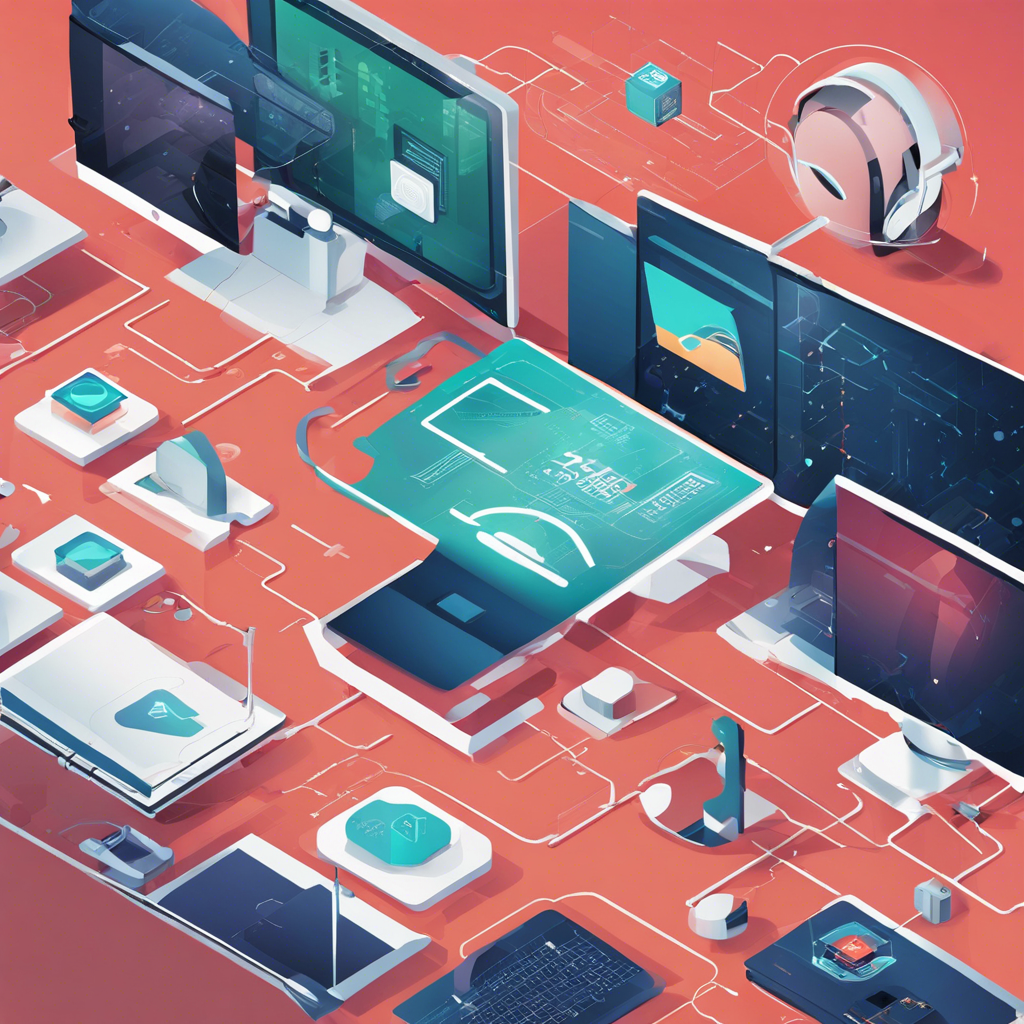The world is becoming increasingly interconnected, and the forces of globalization are shaping every aspect of our lives. From the products we buy and the food we eat to the jobs we do and the cultures we engage with, globalization is an omnipresent force in the 21st century. But what exactly is globalization, and how is it changing our world?
Globalization refers to the process of international integration arising from the interchange of world views, products, ideas, and other aspects of culture. Advances in transportation and communication technology have played a crucial role in driving globalization, allowing for the faster and more efficient movement of goods, people, and information across borders. The world has become ‘smaller’ in a sense, as distances are no longer the obstacle they once were.
One of the most visible impacts of globalization is the proliferation of international trade and the growth of global supply chains. Businesses can now source raw materials and components from all corners of the globe, taking advantage of lower costs and specialized expertise. This has led to a more efficient and specialized global economy, with countries focusing on their competitive advantages. Consumers benefit from a wider range of products at lower prices, while businesses can increase their profitability and reach new markets.
However, globalization has also led to concerns about job losses in developed countries as companies may opt to move operations to lower-cost locations. The rise of globalization has also brought about a cultural exchange like never before. People are now exposed to a diverse range of cultures, languages, and traditions, leading to a more interconnected and tolerant world. The popularity of international travel and the ease of migration have played a significant role in this cultural exchange.
Furthermore, globalization has had a profound impact on the spread of knowledge and innovation. The exchange of ideas and information across borders has accelerated the pace of technological advancement and scientific discovery. It has also led to the development of global standards and best practices in various fields, from medicine to engineering.
In the realm of politics, globalization has brought about a shift towards international cooperation and the formation of supranational organizations, such as the United Nations and the World Trade Organization. These institutions facilitate dialogue and collaboration between nations, helping to address global challenges and promote peace and stability.
However, globalization has also been criticized for exacerbating existing inequalities and creating new ones. Some argue that it has led to a “race to the bottom” in terms of labor standards and environmental protections as companies seek to minimize costs.
Despite these challenges, globalization has undoubtedly changed the world irreversibly. It has broken down barriers and brought people from different corners of the globe closer together.
In conclusion, globalization is a complex force that is shaping our world in myriad ways. While it has brought about numerous benefits and opportunities, it has also presented new challenges that need to be addressed collectively. As the world continues to globalize, it is essential to ensure that the benefits of this process are shared widely and that no one is left behind.



